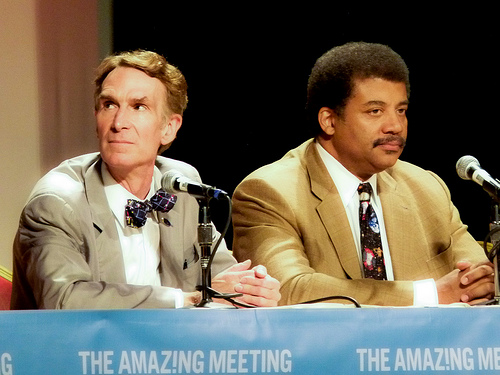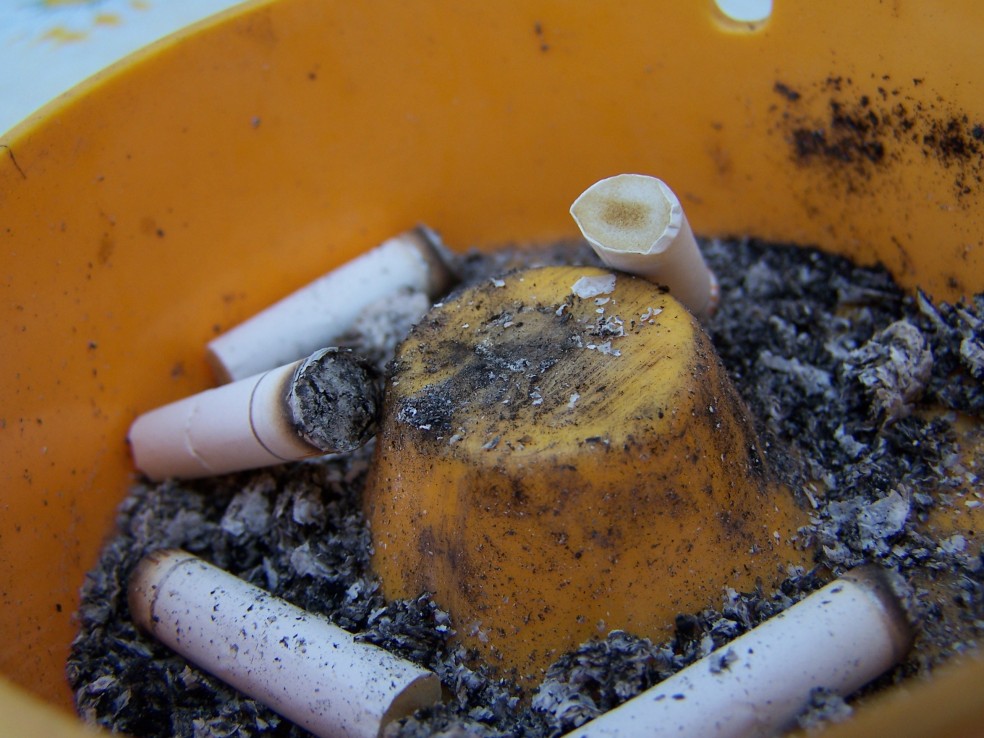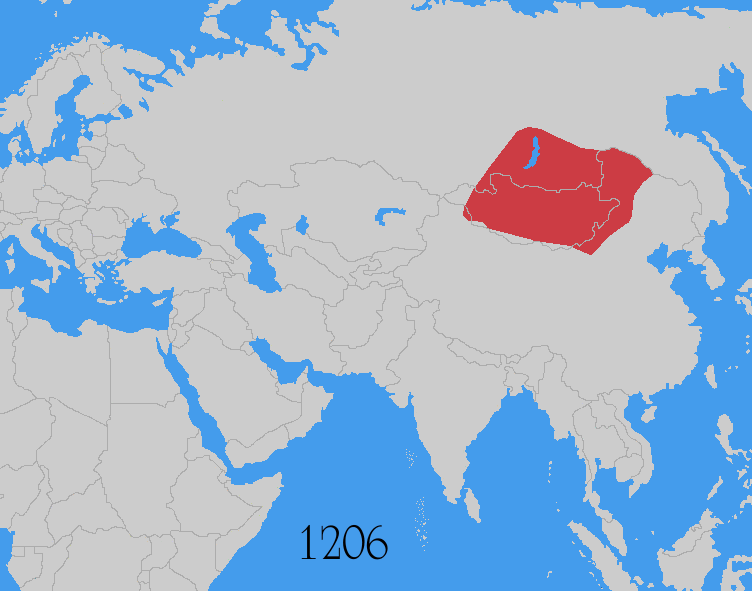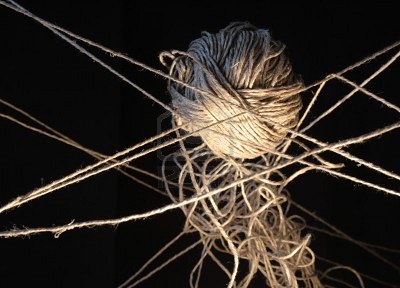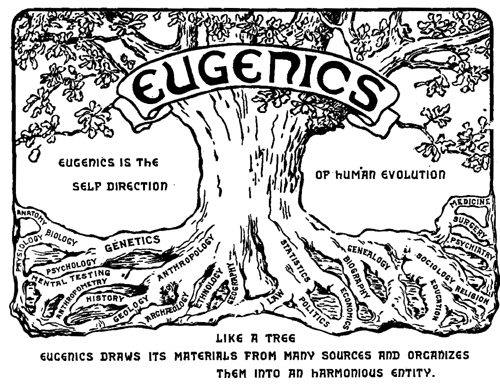What does it mean to sell out? Politicians are familiar with money’s corrupting influence, as we’ve seen in the media maelstrom surrounding the Clinton Foundation, Citizens United, and massive campaign donations from Wall Street and wealthy families. But for scientists trained to be objective, does selling out mean the same thing? Like politicians, scientists are not immune to money’s corrupting …
Cannabis: Legal as medicine, a struggle to study clinically
Cannabis sativa. Marijuana. Pot. Weed. Chronic. What were you just thinking? Maybe, “Ugh, I just can’t get away from hearing about this horrible plant.” How about, “Finally, someone’s speaking my language!” Or, “Crap, more clickbait.” Cannabis use is a polarizing topic in the US. Targeted as dangerous from 1937 onward through propaganda (see Reefer Madness), taxes, and the drug war, cannabis …
The Fecal Frontier: Deluxe Edition
Written for the prompt: What is the most important fundamental mystery in biology today that, if unlocked by basic research, would yield the greatest dividends for human health? Poop. This ubiquitous, noxious substance provokes an instinctive reaction of disgust, and for good reason – it harbors deadly pathogens. Despite the near-universality of poop and fart jokes, humans have spent much …
Who benefits from research in Flint?
Ever since the Flint water crisis began, there’s been a growing feeling of unease, bottled up energy, and concern on the University of Michigan campus in Ann Arbor. While there are many good intentions at play, I keep having this feeling that the scholarly sharks (researchers who are itching to start working on this problem) are circling. Those who get …
Why scientists don’t engage with the public, and why they should
Featured image: Two great American science communicators. Photo credit: Jamie Bernstein Over the past months, I went to several scientific conferences* on a covert mission. While I was technically there to learn and to discuss my work, I wanted to find out why so many academics avoid engaging with the public about their research. I ambushed scientists at happy hours, …
At what point have problems been researched enough?
We are in a golden age of scientific technology. More so than ever before, scientists have the tools to decipher how the body works and how exposure to toxins affects our health. For instance, scientists can now understand why smoking tobacco can be so detrimental: They’ve examined the mechanisms of how smoking affects birthweight, changes the bacterial communities in the …
Expanding the borders of the fecal frontier
Despite their gross out factor, fecal transplants – essentially, a poop enema – have revolutionized treatment of Clostridium difficile, a violent diarrheal infection commonly acquired in hospitals. Many researchers (myself included) have excitedly speculated about vast number of potential uses for fecal transplants: treating autoimmune disease, gut disorders, and maybe even metabolic syndromes like diabetes. Indeed, fecal transplants are conquering medicine …
Scientific progress: untangling a Gordian knot
Last week, my first scientific paper was published. I was overwhelmed with excitement! Joy! Accomplishment! Recognition! And then I was reminded of the achingly slow and frustratingly incremental pace of scientific progress when untangling the Gordian knot of a complex problem. My paper, though big to me, represents a minute loosening of a tiny strand within that knot. The paper examines whether …
Resilience, Genetics, and GATTACA: A journey towards eugenics?
In the future, should we genotype children for resilience to provide them with better, targeted interventions to help them succeed? This is the underlying thesis of an opinion piece by Dr. Jay Belsky, published last Sunday in the New York Times. Dr. Belsky notes that much money is spent on interventions trying to help children succeed, and that the resilience of the children …
Cancer!?!?
By definition, cancer is “Something evil or malignant that spreads destructively”, or “A malignant tumor of potentially unlimited growth.” Merely hearing the word ‘cancer’ triggers an ominous feeling in nearly every person I’ve met. When I hear the word cancer, I think of tendrils of darkness creeping across a verdant landscape. Everything that each tendril touches contorts, hardens, and withers, becoming a wisp of its former …


